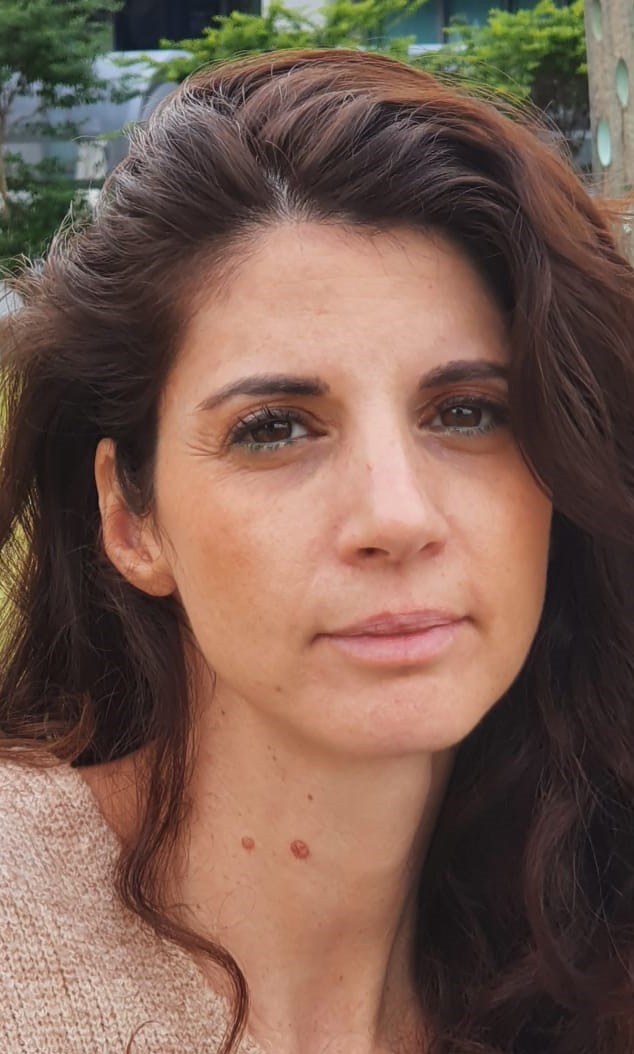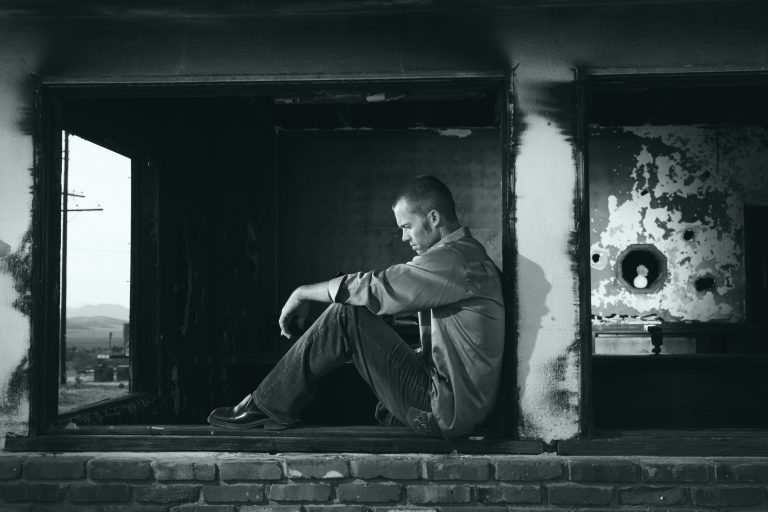I was once in the midst of a difficult flare up that forced me into bed for a few days straight. I missed a work deadline, my sister’s graduation, and a friend’s birthday party, but I knew that, no matter how I was feeling, I could not not miss my cousin’s wedding at the end of the week. When the big day arrived, I forced myself out of bed, made myself presentable, and hobbled over to the event hall. I knew I’d pay for it later, but not going would also be paying a price, and I opted for the former. As I walked in, feeling like a selfless hero, my recently-graduated sister looked at me and said, “Oh, look who decided to show up this time!” While she was clearly speaking from a place of pain, I realized that no one on the outside could ever understand what it feels like to make the daily choiceless choices we are forced to make when living with chronic pain.
Should I wake up early to exercise? Should I go out with friends after work? What time should I go to sleep? When making these simple decisions, most people take into account multiple factors, including energy, mood, work, finances, and scheduling. However, when you live with chronic pain and the constant threat of a flare up that can have dire consequences for an unknown length of time, pushing yourself to just go for that little walk, take that fun trip, or show up for your sister’s graduation can simply feel like a risk not worth taking, especially on top of all the daily tasks you are required to do anyway.
So how do we know when to push ourselves to do the things that bring us joy, and when it's not worth the pain? As you probably guessed, there is no easy or right answer, and it will change for each person on a case-by-base basis. While your doctor, therapist, or loved one may be able to offer their opinions (with or without you asking, of course!), no one but you can truly understand what it feels like to be in your body and how to measure the value that these activities contribute to your overall well being.
Unfortunately, this can often lead to a sense of paralysis. How can we choose between two conflicting values, both of which feel so essential to who we are? How can we move forward when every step is such a massive risk? While we cannot give you “the answer,” we deeply relate to the struggle and have provided some principles to consider that may help you make the decisions that are right for you at each moment.
Acknowledge that you are multi-faceted
First things first, it is essential to accept the complexity of the human experience and your own personal identity. While living in chronic physical pain and navigating the risk of a flare up can be completely all-consuming, there are so many other parts of us that make us who we are, including the hobbies, careers, relationships, and experiences that enrich our lives and bring us closer to self-actualization.
Unfortunately, sometimes these things conflict with each other on a fundamental level. Traveling abroad may bring me excitement, curiosity, and relaxation, but the physical toll of sitting on a plane or missing regular treatment sessions may have a serious impact on my physical condition. Spending the weekend alone in bed may feel totally necessary or wonderfully rejuvenating, but the social toll of not making time for friends or the long-term physical effect of not forcing myself to move may not be worth the rest.
Sometimes, slowing down and saying “no” recharges our batteries so that we can live our lives. But sometimes, pushing ourselves to say “yes” to adventures (or even to grocery shopping!) gives us the vitality we need to keep going, despite the physical toll – which can be enormous. When trying to figure out what to do in any given situation, allow yourself to be more than one thing simultaneously, and remember that you have the right to choose pain, if it feels worth it to you.
Make “good enough choices”
Everything in life is a tradeoff, and when we allow yourselves to be complex beings, we are forced to acknowledge that there may not be a “perfect decision.” Saying “yes” and saying “no” are both risky and both beneficial. That being said, we have no option other than to make the best choice we can with the set of considerations before us. Remember, even the choice to avoid the choice is still a choice!
When trying to determine the way forward, it can be helpful to think ahead to the short and long term risks and benefits. For example, ask yourself, if I choose to do this activity or not, how will I feel after? Let’s say you woke up feeling stiff, but you have a Pilates class scheduled. On the one hand, you just feel like resting and are afraid to injure yourself. On the other hand, you know how good you feel after Pilates, and that even if the exercises are more painful than usual, you will likely feel better afterwards. While, of course, you are still taking a risk, considering the short-term future is helpful.
Similarly, you can ask yourself if there are ways that you can prepare in advance to mitigate the risks of a choice. For example, you know that traveling is very difficult on your body, but you also know that the benefits it brings are hard to find elsewhere. If you take a few extra days off work after you come home from your trip to rest or book a therapeutic massage in advance for the day you get back, will this make a difference? Facing the risks honestly may be scary, but it gives you power to impact the outcome. There are always things that you can do to make your life easier, regardless of the choice you make. And if you make the “wrong” choice in the end once in a while, that’s okay too.
Choose your own life
The ability to move forward despite the uncertainty of life is not only important on a practical level, but also in a deep and essential way. When there are so many aspects of life with chronic pain that are beyond our control, it is empowering to realize where we do have opportunities to take agency over our lives. Whether we like it or not, there are so many tasks that we have to do regardless of the pain they may cause. Don’t we also have the right to actively choose to do things that cause us pain just because they bring us joy, even if other people do not understand or support this decision?
For example, let’s say you absolutely love cooking. It is a calming activity, your creative outlet, and the way you show love to friends and family. That being said, standing for hours in the kitchen chopping, stirring, and cleaning can wreak havoc on your back and wrists. “Just order in,” your friends tell you. However, all day long you are forced to do small tasks that are incredibly painful, like brushing your teeth, wiping yourself after going to the bathroom, and driving. If you are suffering anyways, shouldn’t you also get to suffer while doing the things that you love? What’s the point of minimizing risk at every opportunity, only to miss out on all the things that make life worth living?
However, it is just as empowering to be able to actively and intentionally make the choice that a particular social, emotional, or physical price is not worth paying, and that this time, it is better to rest. Regardless of the choice you make in any given situation, the most important thing is that you are the one who is making that choice from a place of strength and empowerment, because you are the only one who truly understands and has to live with the impact of the choices you make.





